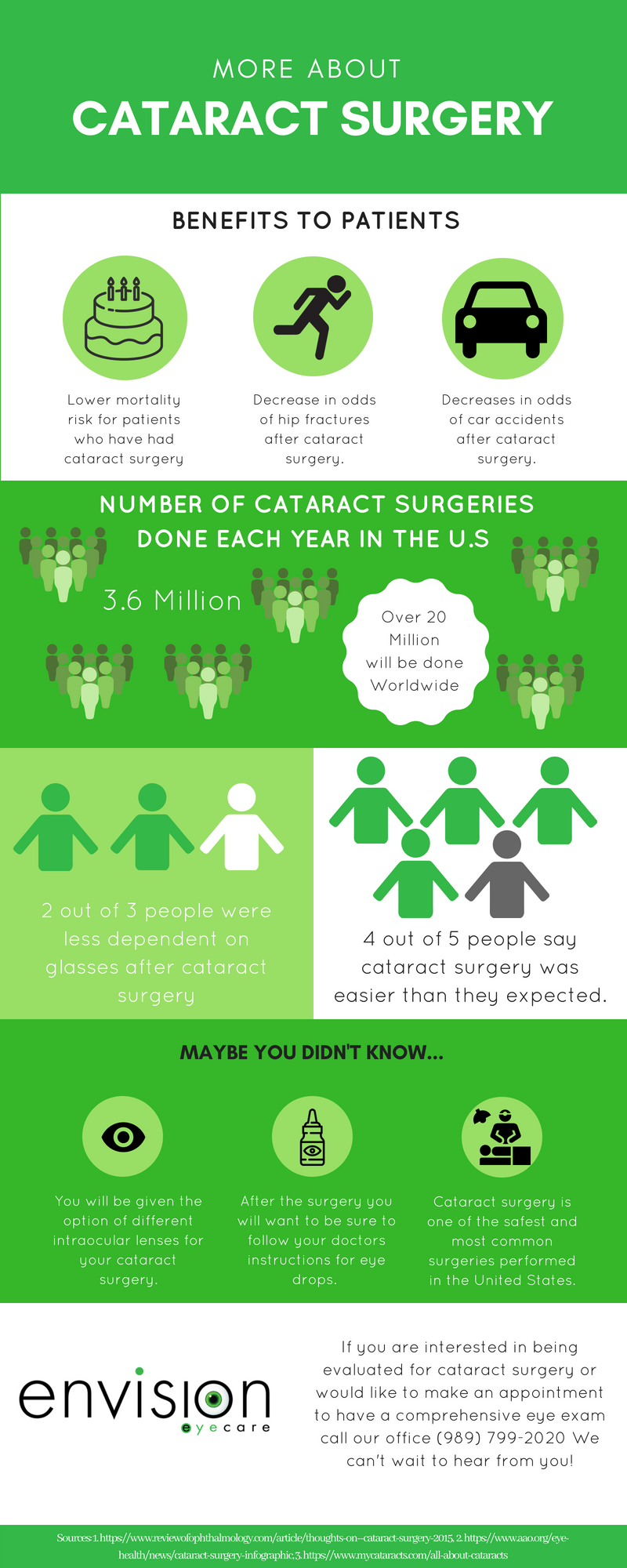Just How Does Lens Substitute Surgical Treatment Works?

Content written by-Petterson Thomson
Lens Substitute Surgery (likewise known as refractive lens exchange) is a surgery that replaces your eye's natural lens with an artificial one.
It can correct presbyopia, astigmatism, and nearsightedness or hypermetropia. Best ICL is additionally made use of to deal with cataracts.
What is Lens Substitute Surgical Treatment?
Lens Substitute Surgical treatment is a surgical procedure that replaces your all-natural eye lens with a synthetic one. This is generally done as a therapy for cataracts or to remedy presbyopia, a problem that makes you require reviewing glasses to see things close up or at a distance.
Your eye's lens is constructed from healthy proteins as well as water that rest behind the student, focusing light onto your retina. As you grow older, these healthy proteins adjustment and parts of the lens start to turn over cast.
This can make points look blurry or have a brown tint. When you have a cataract, your surgeon can eliminate the over cast part of your all-natural lens and change it with a synthetic one.
The surgeon will pick the kind of synthetic lens to dental implant based on what will certainly work best for your needs. There are several alternatives, from monofocal lenses that focus at one taken care of range to accommodative or multifocal lenses that have areas that help you see points at various ranges.
How is Lens Replacement Surgical treatment performed?
Refractive lens substitute (RLE) is a very quick and secure treatment that just takes concerning 7 to 10 minutes per eye. Throughout the procedure, your eyes are numbed with neighborhood anaesthetic so that you don't feel any pain.
After the numbing is applied, a premium synthetic lens will certainly be placed into your eye. This lens can fix long sightedness, short sightedness and also analysis vision to minimize your dependence on glasses or contact lenses.
Throughout your examination, we'll perform a comprehensive eye exam to determine the best lens alternative for your requirements. We'll also offer treatment assistance to guarantee you fit throughout the procedure as well as your surgical procedure.
What are the advantages of Lens Replacement Surgery?
Lens substitute surgery eliminates the natural lens in your eye and also replaces it with a premium fabricated intraocular lens that will certainly correct your refractive error and also boost your vision. https://gulfnews.com/uae/health/uae-health-department-withdraws-blood-pressure-pills-1.1559024103859 is usually executed in conjunction with cataract surgery as well as can be done at a younger age to improve your vision and reduce the requirement for cataract surgical procedure later on in life.
The man-made lens utilized in lens replacement surgical procedure is measured to fit your specific demands as well as can be monofocal for near focus, accommodative or multifocal to allow you to see at all distances without glasses. This lens can additionally correct astigmatism, which is a condition where the cornea is much more football-shaped than round.
Many individuals should see a marked renovation in their vision quickly after the procedure. However, some people might experience fuzzy vision for a few days after surgical procedure. During this time, they are suggested anti-inflammatories and antibiotic eye goes down to assist reduce the recovery process.
What are the dangers of Lens Replacement Surgical Treatment?
Lens substitute surgery is an operation that eliminates your eye's natural lens as well as changes it with an artificial lens. This allows you to see clearly without the demand for glasses and get in touch with lenses.
However, there are some threats associated with this procedure, consisting of retinal detachment, infection, blood loss, as well as severe inflammation (pain, redness, and reduced vision). These complications are uncommon and also can cause long-term loss of vision or loss of your eye.
An additional possible threat is the loss of corneal endothelial cells, which help to keep your cornea clear. Having an implanted lens causes this to happen faster than typical, which might result in a gloomy cornea.

